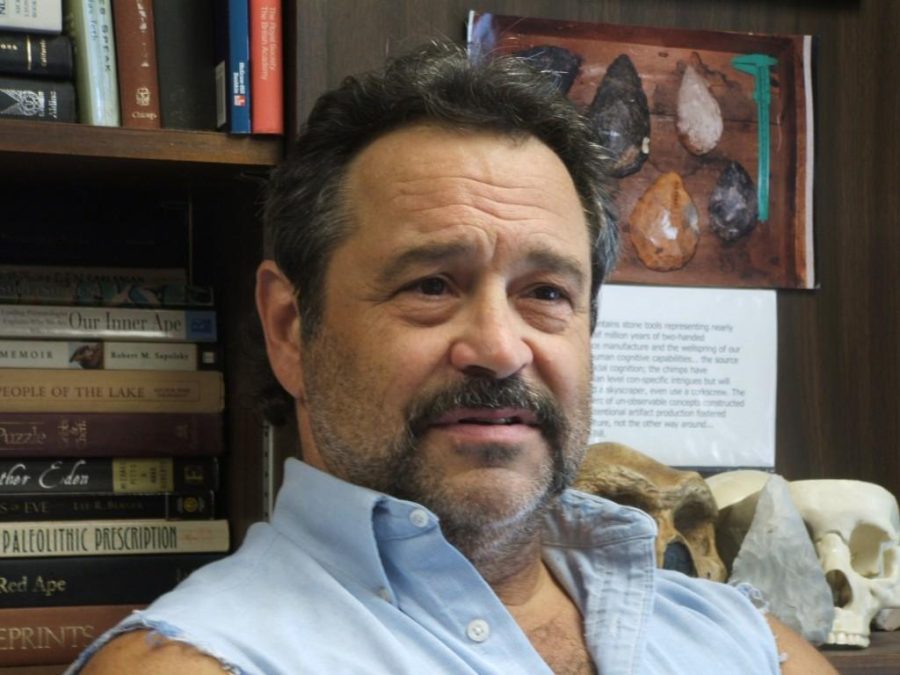“New discovery will completely revise … ” “Scientists have to rewrite …” “Science wrong again.” Those headlines may grab the eye, but they are incorrect and grossly overstated.
New or better data don’t often make existing data and description of phenomena wrong. I’d wager that more than 90 percent of the theory and details which precede a new discovery remain intact after whatever significant discovery is reported.
We get better data, better estimations, a clearer perspective than we previously had, which constitutes an update, not a rewrite nor a correction, but an advance, a refinement, not a refutation nor an overturning.
Although our popular reporting frames new findings in science as if they necessitated a major revision, a complete upheaval, connoting that science is usually wrong, in fact for some time now science has usually been right.
Science seems to be proceeding primarily by refinement and addition of data.
I contend that science, in the main, has never been characterized predominantly by Kuhnian paradigm shifts; overturning of old world views and wholesale jettisoning of existing data and theory.
Such shifts did happen at the beginning of modern science; i.e., the Copernican revolution, phlogiston, Aristotelian mechanics replaced by Galileo and Newton for example, but since then, since Lavoisier and Priestley, Faraday and Maxwell, since Darwin, since Virchow and Pasteur, Broca and Wernicke, Einstein and Bohr, Watson and Crick; science has been overwhelmingly a more cumulative endeavor than one of revolution and replacement.
We are witnessing an exponentially expanding wealth of data and new theories without a wholesale rejection of existing data and prior theory in any domain. Science is now a phenomenal success of addition and refinement; 99.99 percent of the data and theory we have now isn’t going anywhere anytime soon.
At the fringes of new discovery there are lots of discarded hypotheses; lab work on the details is tough, excruciatingly complex, and regularly ends up in dead ends, falsified hypotheses and failed procedures. Science at the cutting edge may be regularly wrong.
Scientists get used to being wrong about the “new stuff”, but the great wealth of what has been previously learned, what is in the textbooks, the world view we have painstakingly assembled, the “old stuff” … isn’t found to be hopelessly wrong and rejected thereby, despite sensationalist headlines.
The theories of gravity, evolution, atoms, plate tectonics, electromagnetism, quantum mechanics, the germ theory of disease, cell theory, heliocentric theory, the big bang, the gas laws, the Fibonacci series, Maxwell’s equations, the structure of the DNA molecule and on and on, aren’t going to be overturned and thrown out wholesale.
Ain’t happenin’ this week, and not next week either.
To get some flavor of what I am talking about, a bit of a broader perspective on what we know about our world, visit the iTOL website or Scale of the Universe website. Scroll through these websites for a few minutes, a few hours or take a few weeks maybe and access just a sampling from these marvelous interactive compendiums of the oceans of data and explanatory theory we have accumulated about the intricacies of the physical universe and the biological menagerie in which we find ourselves.
There is a wealth of verified information that we know about how the world works, and it is not likely to be proven wrong.
The second marvelous thing about science is that it is the most universal and democratic of undertakings; egalitarian and accessible to all, not dogmatic, not authoritarian.
Einstein was wrong about wanting quantum physics to be deterministic. Despite his unparalleled theoretical advances in establishing modern physics, his view of sub-atomic physics was incorrect and was not automatically accepted just because he was stupendously right in other ways (no scientist is infallible like the Pope nor unquestionable like Chairman Mao).
Pick up any textbook, in any science domain: chemistry, physics, biology, psychology, history, paleoanthropology, etc., etc., and peruse through the few dozen pages of references in the back (usually numbering in the thousands) and check out the names of the thousands of researchers that produced and published that science.
Male, female, black, white, yellow, brown, every nationality, every ethnicity will be represented there, from all walks of life, from all levels of scientific accomplishment.
The lowliest grad student can refute the findings or challenge the hypotheses of the loftiest professor.
Anyone from anywhere can and does undertake science. And we arrive at the same data and theory precisely because science is a description of the world as we all find it. Science transcends all boundaries of geography, nationality, ethnicity and ideology.
As the writer Sam Harris put it: “We all generate our electricity the same way.”
There is no Muslim physics, Christian chemistry, Jewish biology, Buddhist paleontology.
Science unites as a species. One species, one tribe.
Column by William Zingrone, Associate professor of psychology
































































































